Netflix continues its attempted resurrection of the rom-com with the teen comedy Sierra Burgess is a Loser, which stars Stranger Things breakout Shannon Purser in a classic plot of masquerade and lies. While not quite a worthy successor in the genre’s comeback following fellow Netflix titles Set It Up (starring the real-life daughter of the mother in this movie) and To All the Boys I’ve Loved Before (starring the same love interest as this movie), Sierra Burgess works for a while thanks to Purser’s radiating performance, finally getting to play a character with confidence and charm, and Kristine Froseth stealing the film as a sympathetic mean girl. Plus a great soundtrack full of modern synth pop (and Purser showing off her own singing talents). Unfortunately, it also has many problems, including a terribly weak third act and some consent issues (not Revenge of the Nerds level, but still icky). You’ll be left wanting for something better. So, here’s a curation of movies, mostly classic and underrated rom-coms that are similar yet superior.
Cyrano de Bergerac (1900)
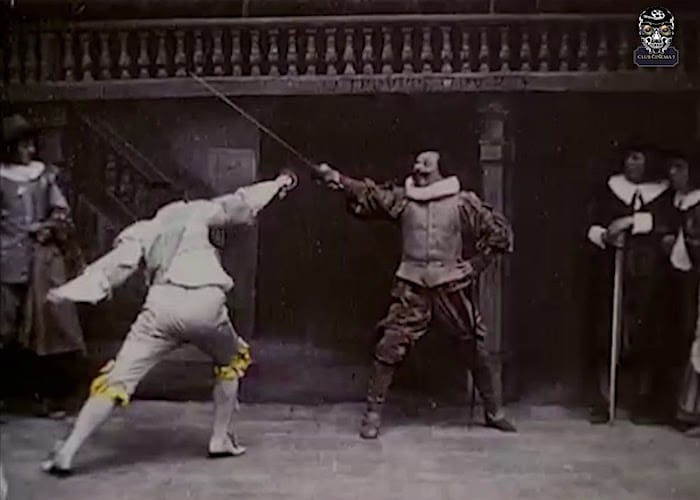
Edmond Rostand’s classic play Cyrano de Bergerac is apparently a big influence on rom-coms these days. Netflix’s Set It Up also takes inspiration from the story, mashing it with a Parent Trap type matchmaking scenario. And now Sierra Burgess lifts a lot of its intentional mistaken identity ruse from the 19th-century drama, in which the large-nosed title character puts words in the mouth of a more attractive man trying to woo a woman they both love. Perhaps everyone is just seeing the ease of adaptation to modern day digital communications. Clement Maurice’s early film version is very brief but also very notable for having sync sound way before the game-changing features of the 1920s. This is fitting since Cyrano is so focused on de Bergerac’s dialogue. After this, the 1925 silent is at least impressive in its visuals, but if you want a feature-length adaptation look to the 1950 version starring Miguel Ferrer in an Oscar-winning performance. Also another version below.
The Lady Eve (1941)
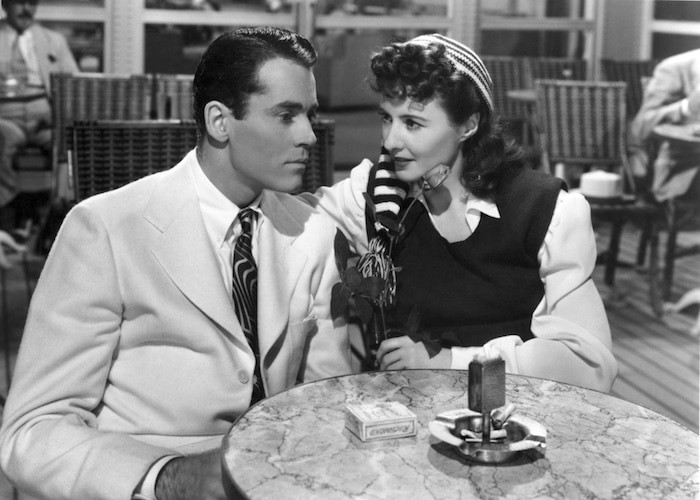
What is Sierra Burgess if not a romantic con artist? She might as well be trying to snag a prince by pretending to be a princess only to reveal herself as the evil witch that she is and be punished for her tricks. Wait, that’s the plot of The Little Mermaid (where, yes, Sierra is Ursula and Veronica is Ariel). In other classic fairy tale romance stories, conning someone is still seen as wrong but ultimately forgivable just in time for a happy ending. Preston Sturges’ The Lady Eve is one such film, though it’s a lot smarter and more complex and sophisticated than it could be from any other filmmaker. Barbara Stanwyck plays a con woman who masquerades as someone she’s not (a brewery heiress) in order to catch a wealthy man (Henry Fonda) and steal his money through marriage. Not so much a spoiler as an expected conclusion for its time, here as in Sierra Burgess the charlatan gets her man for real in the end. Progressive for its time for its dominant female character, The Lady Eve ought to be a bigger inspiration for modern rom-coms than it is — and not for more consent-issue Overboard type plots.
You Were Never Lovelier (1942)
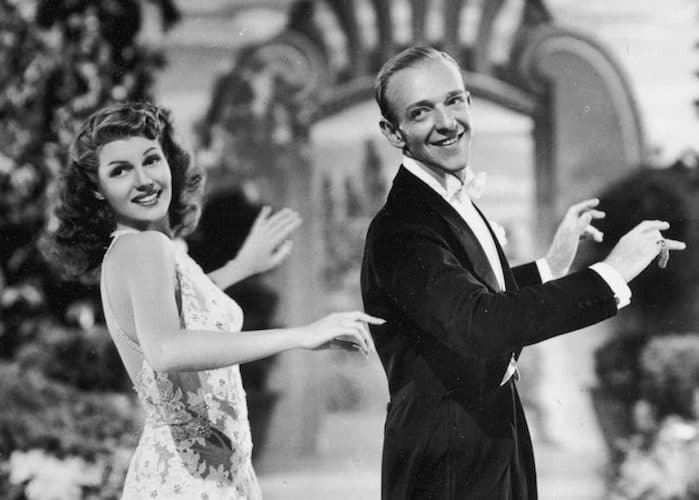
Catfishing is a new concept in term only, and here’s a classic musical rom-com to prove it. Relatively little-remembered today (yet highly acclaimed in its time), You Were Never Lovelier is a remake of an Argentine musical called On Tuesdays, Orchids from one year prior. Both are about a man who sends his hopeless daughter flowers and love letter, making it seem like they’re from a secret admirer. Yes, a dad catfishes his daughter — has that happened on the MTV series yet? The idea is that he’s set on marrying the girl off and will find the actual guy later. Mistaken-identity-based comedy and romance ensue (and there’s more where that came from), as the daughter (Rita Hayworth) falls for a dancer (Fred Astaire) whom she thinks is her mystery man, and of course, he’s also someone her father wouldn’t have chosen for her in a million years.
Roxanne (1987)
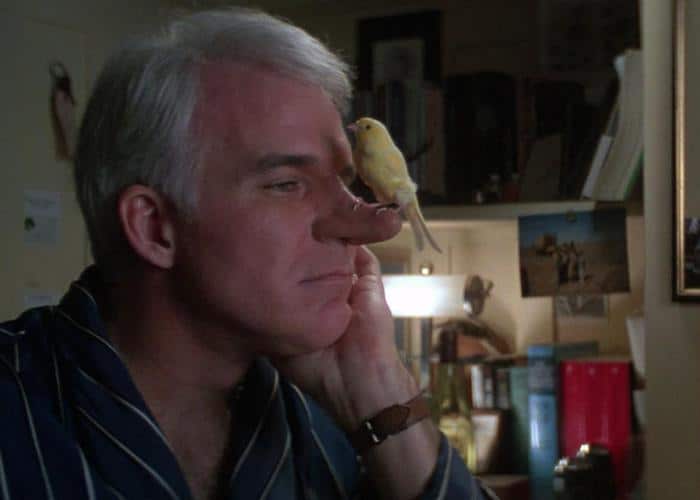
The first of two Summer 1987 rom-coms on this list, Roxanne is a modern retelling of Cyrano de Bergerac and one that’s good enough to consider an actual adaptation of the play or at least a strong gateway to the real thing (admittedly it was my introduction to the premise as a kid and remains my favorite version). Steve Martin stars in the Cyrano role, here named C.D., a small-town fire chief with an oversize nose and a talent with words, whether it’s to utter greater self-deprecating insults about his own looks than anyone else could lob his way or to craft poetic love letters and declarations for use by a handsome new recruit. Martin is wonderfully witty and charismatic, going for a rather straight-played performance compared to the sillier and/or parodic comedy he was better known for (and until then more successful at). He also wrote the screenplay and produced the movie and does allow for a lot of slapstick in the background that somehow works alongside the more sincere and heartfelt romantic stuff.
Can’t Buy Me Love (1987)
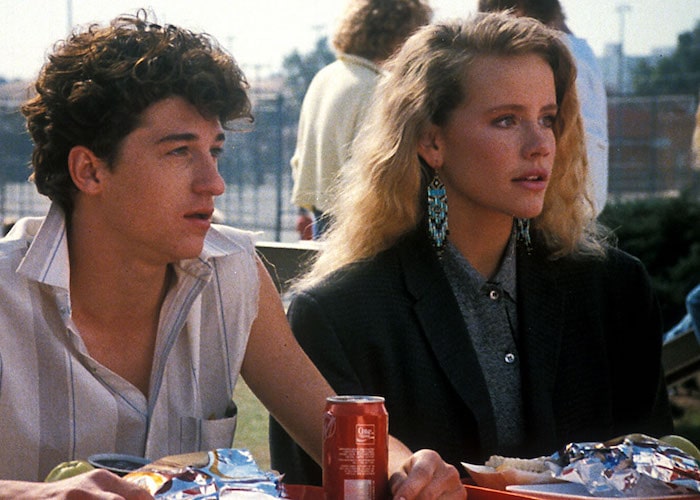
Probably more suited for a list of recommendations tied to To All the Boys I’ve Loved Before, there’s still a link to Sierra Burgess in the way a pair of teens who don’t fit together socially wind up closer as a result of a relationship for convenience. In Can’t Buy Me Love, pre-“dreamy” Patrick Dempsey plays a nerd who becomes popular by paying a cheerleader (Amanda Peterson) to hang out with him. And of course, they fall in love in the end. Sierra Burgess keeps its forced relationship platonic by making the two desperate characters the same sex — and definitely not likely to fall in love anyway, because the movie, unfortunately, maintains awful attitudes about homosexuality and gender. Also, there is no reason for Sierra and Veronica to stay unlikely BFFs in the end of the new movie. The better ending, given how terrible Sierra acts in the climax and really throughout, would have been a nice homage to Can’t Buy Me Love anyway: Veronica (and maybe Jamey also) should have run her over with a riding mower.
Whatever It Takes (2000)
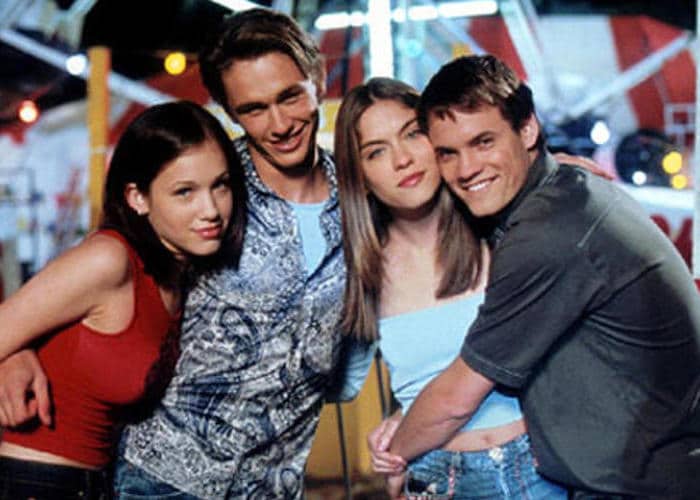
Around the same time when not enough people were watching him on Freaks and Geeks, not enough people went to see James Franco star in the teen rom-com flop Whatever It Takes. Frankly, the movie has never deserved a better reception, though it’s not all that bad — and I’m not just saying that because I have a soft spot for it because Franco plays a character with the same name as me. I am probably just saying it because I have an appreciation for teen movies that retell classic works by the likes of William Shakespeare, Jane Austen, Edmond Rostand, etc. High school is such easy ground for class-based romances and tragedies of centuries ago. This one came on the heels of the teen versions of Shakespeare (starring Julia Stiles) trend of the previous year and attempts a double-Cyrano premise where Franco’s Chris Campbell is the popular guy interested in a smart girl who is out of his league, who gets help from Shane West’s nerdy character, who in turn wants help getting the hottest girl in school. Also look for young pre-fame Aaron Paul and Colin Hanks and a blatant lift from another classic, It’s a Wonderful Life.
Catfish (2010)
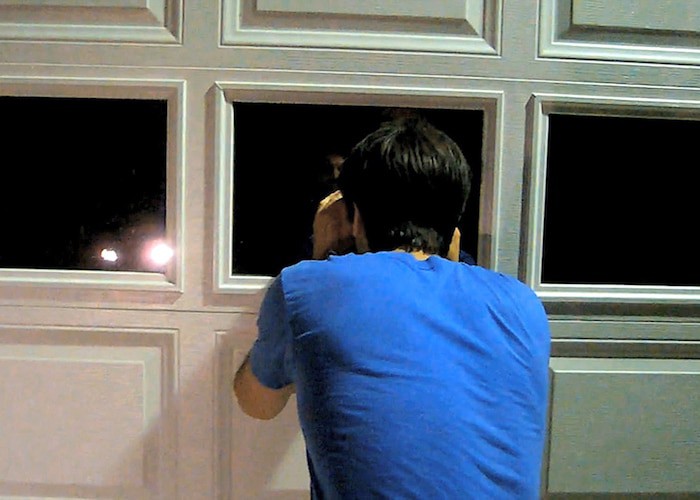
This week’s documentary pick is a bit obvious, but I don’t care because thanks to the MTV series it spawned, the Catfish movie has sort of been forgotten and also dishonored. As addressed, the idea of catfishing wasn’t a new concept, but the digital age and social media made it easier and all the more common as a result. Still, outside of a time-stamped rom-com such as You’ve Got Mail perfectly representing the issues of internet anonymity for the blooming of chat-room romance, the idea of fake identities employed in deceptively one-sided or misleading relationships online hadn’t been addressed much in the real world or in pop culture. This film brought it up in both spheres of discussion. Henry Joost and Ariel Shulman’s documentary, regardless of whether anything on screen was staged or itself manipulated for narrative purpose (questioning its validity as a documentary was never acceptable), remains a chilling and revelatory work of nonfiction. Someday, its value at least in terms of cultural significance will be recognized via the National Film Registry. It better be, anyway.
Me and Earl and the Dying Girl (2015)
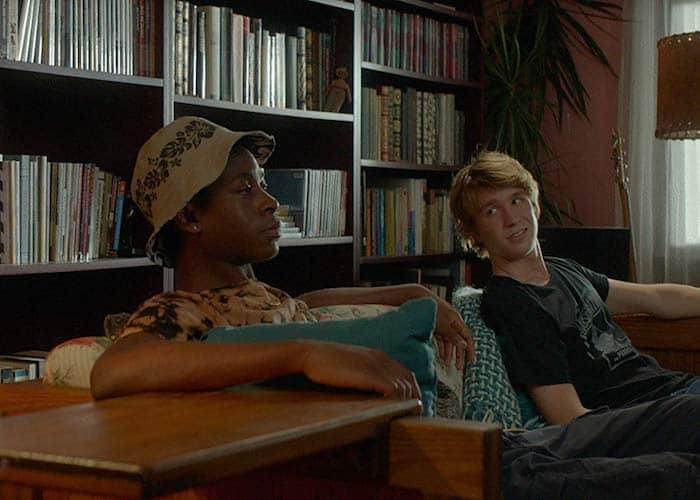
This movie was supposed to be the indie hit of the summer of 2015, and it barely made a dent in the box office — even the alternative counterprogramming box office — that season. Fortunately, Me and Earl and the Dying Girl seems to have become more popular on home video as a beloved teen comedy/drama. Outside of there being very close friendships formed out of an initially compulsory interaction, the plot of the movie isn’t all that relevant. The reason for its inclusion, especially for those of you who still haven’t seen it, is RJ Cyler, who plays an even more enjoyable sidekick here than he does in Sierra Burgess. Had Me and Earl and the Dying Girl been more successful theatrically, I think Cyler would be a bigger deal right now. Instead, all his praise at the time likely led to his role in Power Rangers, in which he’s still pretty good, but not much else on the big screen. Everyone in Sierra Burgess is better than the material as it plays out, for sure, but Cyler is the one who feels the most like he’s taking a step down or backward compared to what he’s worthy and capable of.
Love, Simon (2018)

While Set It Up and To All the Boys I’ve Loved Before are receiving credit for bringing back the rom-com, alongside Crazy Rich Asians on the theatrical level, we can’t forget the delightful Love, Simon, which arrived on the big screen earlier in the year and is a shining example of the rom-com genre in general and the teen rom-com subgenre especially while also refreshing the familiar conventions applying them to a gay love story. As with To All the Boys I’ve Loved Before and Sierra Burgess, Love, Simon involves mysterious (if not mistaken) identities hidden behind the words used to express affection. Here it’s a classic pen pal sort of situation with the title character (Nick Robinson, much more appealing than in Jurassic World) emailing an unknown classmate whom he knows only to also be a closeted gay teen but falls for anyway. Especially the way things go wrong with Simon’s friends and potential romantic relationship is far more believable than what occurs in Sierra Burgess, as is the subsequent way things are all patched up in the end.
The post Movies to Watch After You See ‘Sierra Burgess is a Loser’ appeared first on Film School Rejects.
No comments:
Post a Comment